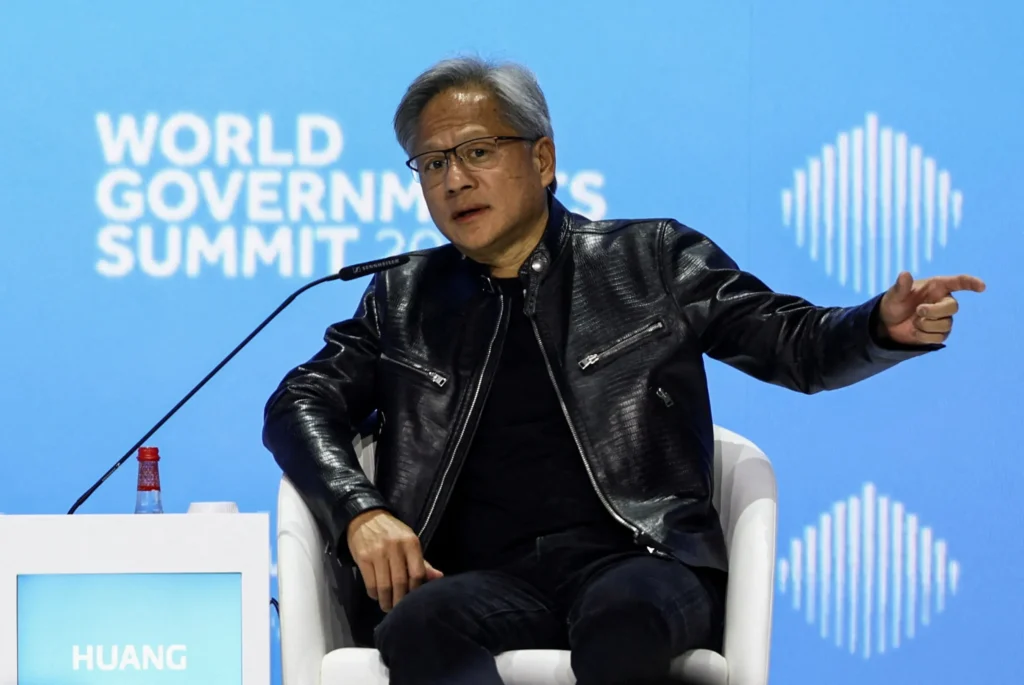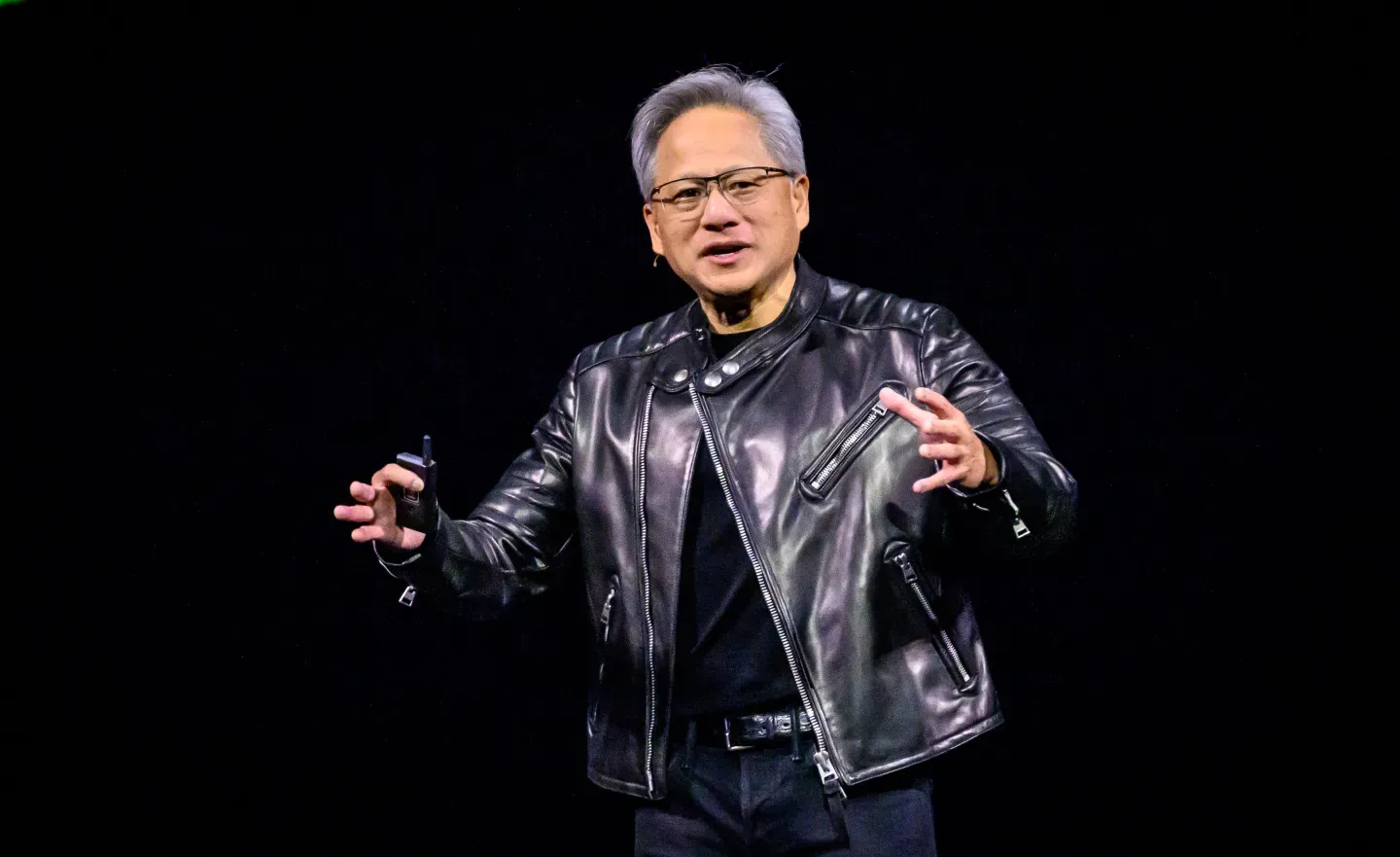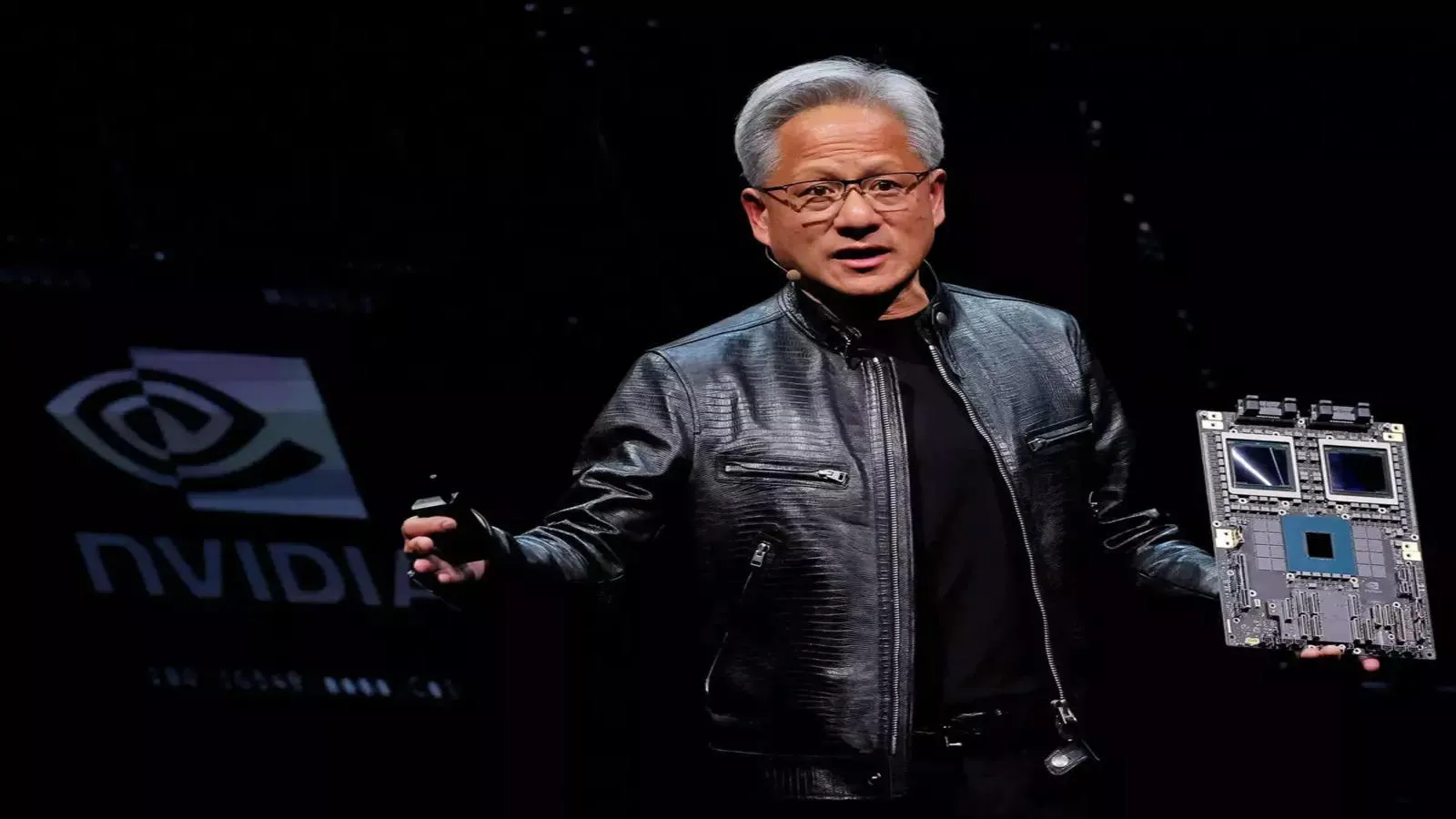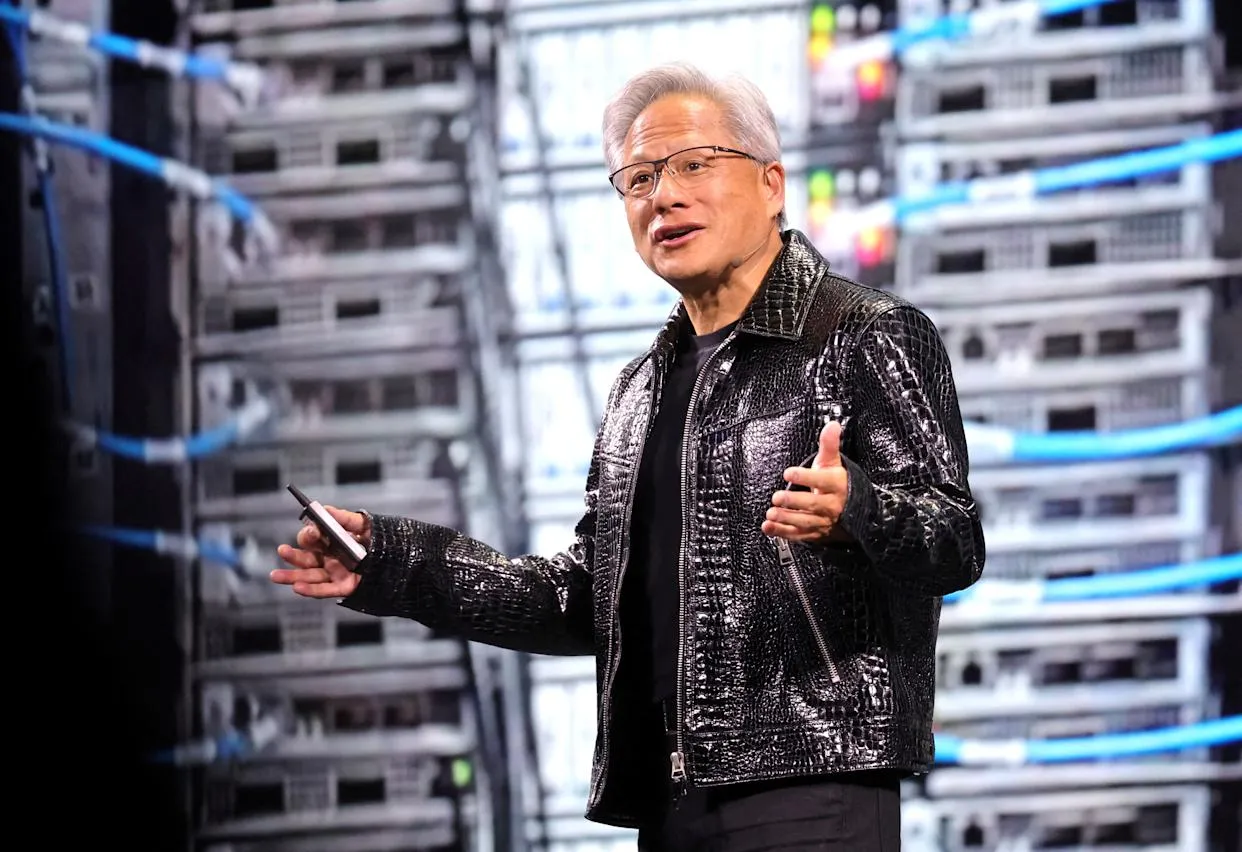
At the heart of a bustling technology conference, Nvidia’s Chief Executive Officer Jensen Huang made headlines with a startling revelation: he was unaware that quantum-computing firms were publicly traded. This admission came during Nvidia’s weeklong GTC conference, an event that draws industry experts and technology aficionados from around the globe.

“My first reaction was, I didn’t know they were public. How can a quantum company be public?” Huang remarked at the conference, sparking discussions about the maturity and market presence of quantum computing enterprises.
The Quantum Controversy and Its Market Impact
In January, Huang’s comments on the future of quantum computing sent shockwaves through the industry, leading to a significant drop in the shares of companies like IonQ. He suggested that “very useful” quantum computers are probably decades away from becoming a reality, which raised concerns about the current valuation and progress of quantum computing firms.
The recent event served as a platform for these companies to engage directly with Huang, possibly altering his perspective by showcasing their advancements and the practical applications of their technology. Companies such as IonQ and D-Wave Quantum were present, representing the pioneering spirit of the sector.
Quantum Computing: A Technology in Therapy
Huang described the session as a therapeutic experience, highlighting his journey of understanding the complexities and realities of quantum computing. “This whole session is going to be like a therapy session for me,” he commented, indicating both his intrigue and skepticism towards the rapidly evolving field.

During the event, leaders from six quantum computing firms offered diverse perspectives on the state of the technology. Some executives presented cases where quantum computers are already being employed to tackle complex scientific challenges. Meanwhile, others suggested that quantum advancements could soon bolster conventional computing methods.
Bridging the Gap: Quantum and Traditional Computing
The dialogue also touched on the synergistic potential between quantum and traditional computing. Loic Henriet of Pasqal pointed out the misconceptions surrounding quantum computing. He argued that the term itself might be misleading as quantum processors are likely to function more as accelerators, enhancing traditional computing systems rather than replacing them entirely.
Henriet’s insights underline a significant trend in quantum computing research: the aim to complement and accelerate existing technologies, thereby ensuring a smoother integration into the tech ecosystem.
As Nvidia’s CEO continues to explore the quantum landscape, the industry watches keenly. The engagement between quantum computing leaders and traditional tech giants like Nvidia, Microsoft, and Google suggests a collaborative effort to overcome the technical hurdles and realize the full potential of quantum technologies.

This unfolding narrative not only captures the imagination of those invested in the future of technology but also sets the stage for a transformative era in computing, where the boundaries of speed and efficiency are continually expanded.
